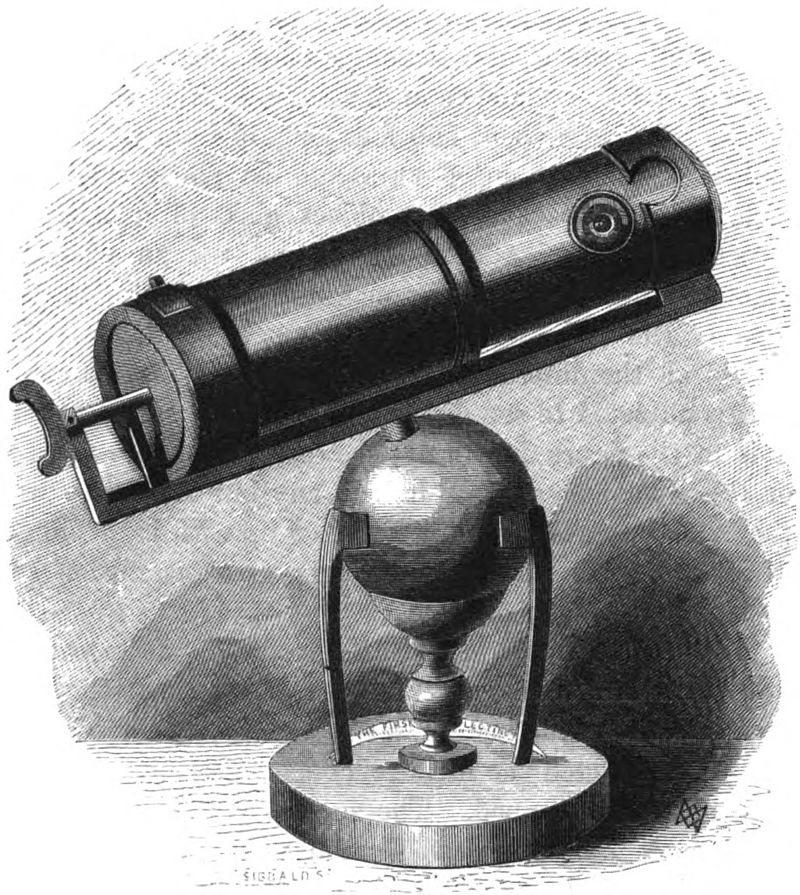3.1.3 History of the Philosophy of Science

Newton’s reflecting telescope. From David Brewster (1855) Memoirs of the Life, Writings, and Discoveries of Sir Isaac Newton, Vol. 1, Thomas Constable and Co., Edinburgh, p. 46, fig. 4.
Until the 18th and 19th centuries, there was no real distinction between scientist and philosopher, and many of the great scientist-philosophers of antiquity were also theologians (Explorable).
Read: Philosophy of Science History // Explorable
Guiding Questions:
- How did Plato and Aristotle conceptualize knowledge differently?
- In what forms of science can Plato’s influence continue to be seen?
- What contribution did Ibn-Sina make to the history of philosophy of science?
- Why does Francis Bacon hold so much importance in the history of philosophy of science?
- What is the hypothetico-deductive method?
- During the twentieth century what sorts of divisions arose amongst the sciences? What led to these divisions?
- Do you think Professor Barseghyan would criticize the focus of the author of this article on the contributions of individual scientists? Why or why not?
Photo Credit: “Newton’s Reflecting Telescope.” Photo Credit: David Brewster, 1855, uploaded by Wikimedia Commons user Chetvorno. “The first reflecting telescope, built by British scientist Isaac Newton in 1668. It had a 6 in. aperture and magnified 40 times.” Public domain.


